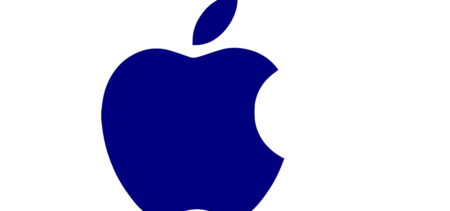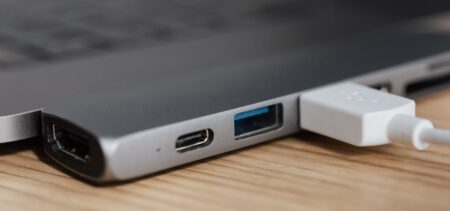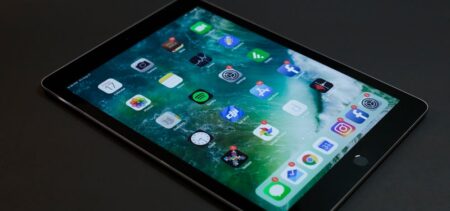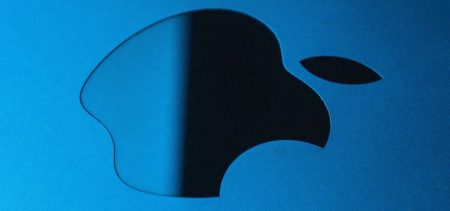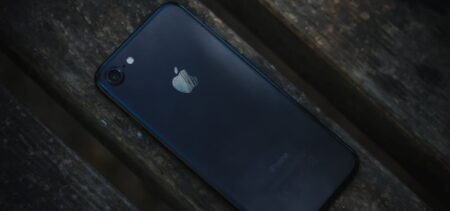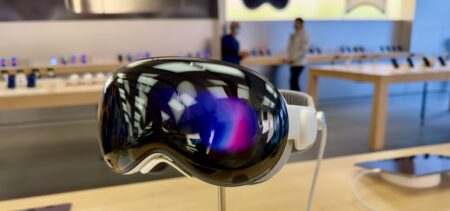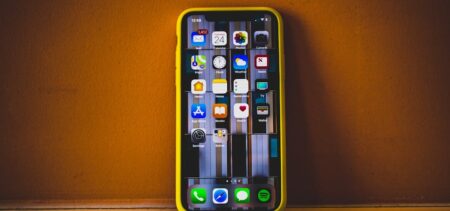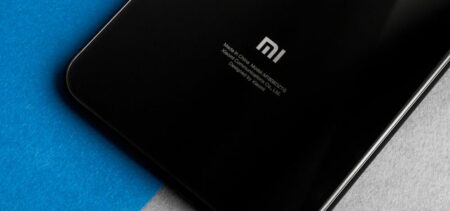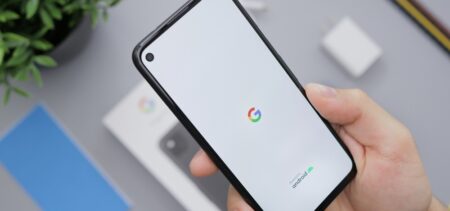The context…
Apple recently admitted to slowing down older iPhone models with aging batteries in order to preserve battery life and prevent sudden shutdowns that could interrupt the user experience. According to the company, its iOS 10.2.1, released last year, improved power management during peak workloads to avoid unexpected shutdowns on iPhone 6, iPhone 6 Plus, iPhone 6s, iPhone 6s Plus, and iPhone SE. This function could cause users to experience longer launch times for apps and other reductions in performance. iOS 11.2 also brought the same function to the iPhone 7 and 7 Plus. The company also stated that a newer battery would return the iPhone’s speed to normal.
In response to a recent increase in slowdown reports in older models, Apple issued an official statement apologizing to its customers for the way the company handles performance for iPhones with older batteries, specifically for the lack of disclosure regarding these practices. The tech giant said that it would take several steps. First, it will reduce the price of an out-of-warranty iPhone battery replacement by $50 — from $79 to $29 — for anyone with an iPhone 6 or newer starting late January and through December 2018, worldwide. Second, in early 2018, the company will issue an iOS update that would give users more visibility into the condition of their phone’s battery health and performance. The company also stated that it would continue working on improving its performance management and user experience.
The issue…
Does Apple’s explanation make technical sense? Absolutely. If this practice had been advertised as a feature and made optional, chances are that some users would have welcomed it, while the rest would have simply ignored it. But the lack of disclosure on the company’s part, as well as not giving customers a choice in enabling the ‘feature’ left consumers feeling deceived. Many claim that the only reason they upgraded to a newer iPhone was that their old device was starting to slow down. Had they known that a battery replacement would have solved the problem, they would’ve gone for that option instead of a completely new phone.
According to BGR, Apple’s apology was flawed, since the company did not admit that it misled its customers by not disclosing this ‘feature’ in the iOS 10.2.1 update’s release notes. Naturally, no user wants to experience sudden shutdowns, but finding out you’ve been kept in the dark regarding software that slows your phone down is not a great experience either.
Furthermore, the fact that user reports led to Apple discovering this flaw indicates that the company might not be testing its software releases as thoroughly as previously thought. As long as a phone model is supported, the company should conduct testing for each software release on it, no matter how old it is. One could argue that it’s even more important to make sure the software runs well on older devices, which are more prone to slowdowns in general.
The biggest observation regarding Apple’s statement is that it doesn’t appear to intend to make its CPU throttling optional, so if a user’s iPhone slows down, the only solution as of this moment is replacing the battery.
The lesson…
Transparency
The biggest issue consumers seem to have with the ‘feature’ is Apple’s lack of disclosure. Planned obsolescence is a controversial topic in the industry, and while Apple addressed this theory and stated that it has “never — and would never — do anything to intentionally shorten the life of any Apple product, or degrade the user experience to drive customer upgrades”, the public is still suspicious of the company’s intentions. Normally, phone features are advertised during keynotes and in various advertising, yet Apple did not mention its performance management software until users started reporting issues. Furthermore, a similar mechanism already exists in most smartphones: low battery/power mode. Couldn’t the company just add a third mode in the iPhone’s settings instead of forcibly enabling the throttling on its devices?
One thing is clear: deceit leaves a bitter taste in any customer’s mouth, no matter how loyal. This controversy will surely affect consumers’ trust in Apple, but only time will tell how much it will affect the company’s bottom line.
Choice
So far, Apple has managed to turn lack of customization into a positive feature. iOS has basically no personalization options in order to ensure an Apple-esque user experience – whether users like it or not. Furthermore, the company is known for having a high level of control over what apps can be downloaded from its App Store, as well as its strict security policies when it comes to its users’ data. Even though these practices garnered criticism in the past, time has shown that they led to a more secure app environment compared to its competitors.
In this instance, however, Apple shouldn’t have made the choice for its consumers. The choice between battery life should be left to the user, since their needs can vary based on lifestyle and circumstances. Some users prefer high performance devices, even if their battery is drained by noon, while others need a phone that will keep going through the evening.
Feedback
Any business-minded person knows how valuable customer feedback is, and right now most customers want Apple to make this ‘feature’ optional. As we’ve seen, the company is not taking steps to implement this change and chances are it never will.
What’s important is that both Apple and other businesses learn from this controversy. We live in an era where customers not only appreciate, but expect transparency. They also expect a certain degree of loyalty from the brands they’re loyal to. That also includes listening to what they want and implementing it, as long as it doesn’t go against brand guidelines.
Take this opportunity to look at your own customer relations and see if you’ve really been listening. While Apple will most likely bounce back from this controversy, such incidents can severely damage a smaller company’s reputation and ultimately, its bottom line.


